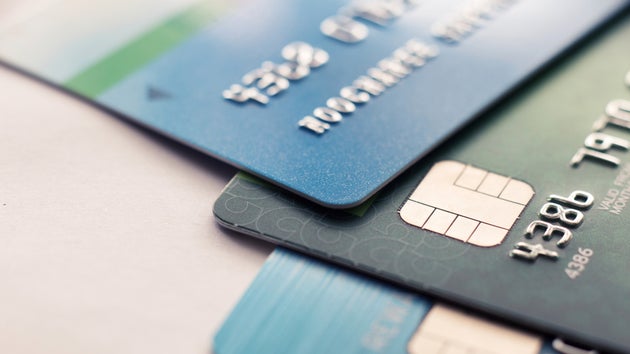Welcome to the Paylobby advice page!
Our experienced experts regularly provide updates on financial topics.
We aim to explain the world of finance in a way that is easy to understand: Everyone should have simple access to these essential topics!
Discover Paylobby articles that truly help you.
Finally Understand Payment Methods Properly!
Banks advertise a variety of tools and cards designed to make payments easier. But what’s behind all these financial terms? We’ve answered these questions for you. Here are some examples:
Do you know the difference between prepaid and debit cards?
How do e-wallets work?
And what should you keep in mind when paying with a credit card?
Pocket Money Tips and How to Teach Children About Finance
Finances are often a tricky subject, especially when parents want to make sure their children manage their money well later in life.
We explain how you can teach your children about finances, where to find good podcasts for kids, and what recommendations you should follow as a parent regarding pocket money!
Business Credit Cards – Keep an Eye on Business Expenses!
Entrepreneurs often face questions about how to keep track of internal payment flows and optimize their accounting.
We’ve answered questions you may have already asked yourself:
Is it allowed to use business credit cards for personal purchases?
Which employee credit cards are the best on the market?
And how can you use business credit cards abroad?
Junior Investment Accounts – Investing in the Stock Market for (Grand)Parents!
Savings accounts have fallen out of favor due to low interest rates. Many parents are now turning to so-called junior investment accounts to continue benefiting from interest.
This offering is also available in automated form. So, investment with the help of artificial intelligence. But how do these robo-advisors actually work?
A frequently asked question: How can grandparents also contribute to savings?
And is there a junior investment account available with the well-known online broker Trade Republic?
Children’s Credit Cards – Learning Budget Management Early!
Sooner or later, children will need their own credit card. This is not only related to the general decline in cash usage but is also valuable from both an educational perspective and for pocket money management.
Feel free to check out our guide on this!
There are also special cards for student exchanges, which we have tested in direct comparison for you and your child!
Identification Methods – Everything About Postident and More
The tech world moves fast, and so does the aspect of security. When applying for financial products, verification is usually necessary. There are several options for this. We’ve summarized what to keep in mind about Postident, Videoident, etc.
We also looked into the current state of biometric verification methods.
Paylobby – Financial Topics Simply and Compactly Explained!
Check back regularly. We update and expand our articles as soon as new insights become available.
Did you know that we also directly compare financial products? Discover our tests to ensure your next contract is the right one:
Stay up to date with our news and comparison Website Paylobby!










